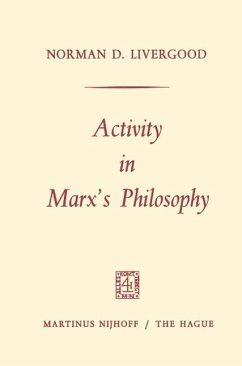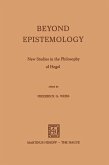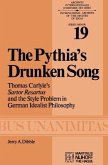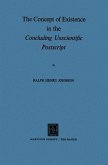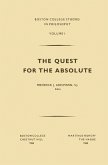This essay attempts to demonstrate the significance of the principle of activity in the philosophy of Karl Marx. The principle of activity in Marx has both a general and a specific meaning. In general the princi ple refers to the activist element in Marxian practice motivating both Marx and his contemporary devotees. The specific facet of the principle relates to Marx's philosophy - the principle of activity being that con cept which underlies the entire system. Activity for Marx is both a philosophic concept and an element of human experience demanded by his system. Marx, that is, not only theorizes about activity but also illustrates his theory in hislife. Hence, we find the principle of activity both in his writings and in his doings. the words Action, Tiitigkeit, or Praxis to refer to Marx most often used the principle of activity. No major philosopher has fully dealt with the concept of action. We sometimes suppose that action only occurs when we can observe some outward result or motion. Spinoza's definition of action disallows this narrow interpretation of activity. I say that we act when anything is done, either within us or without us, of which we are the adequate cause, that is to say ... when from our nature anything follows, either within us or without, which by that nature alone can be clearly and 1 distinctly understood.
Dieser Download kann aus rechtlichen Gründen nur mit Rechnungsadresse in A, B, BG, CY, CZ, D, DK, EW, E, FIN, F, GR, HR, H, IRL, I, LT, L, LR, M, NL, PL, P, R, S, SLO, SK ausgeliefert werden.

